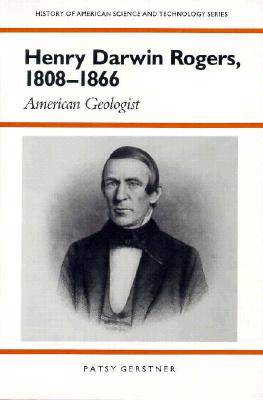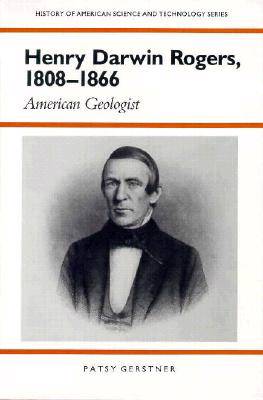
- Retrait gratuit dans votre magasin Club
- 7.000.000 titres dans notre catalogue
- Payer en toute sécurité
- Toujours un magasin près de chez vous
- Retrait gratuit dans votre magasin Club
- 7.000.0000 titres dans notre catalogue
- Payer en toute sécurité
- Toujours un magasin près de chez vous
Description
Henry Darwin Rogers was one of the first professional geologists in the United States. He directed two of the earliest state geological surveys--New Jersey and Pennsylvania--in the mid-1830s. His major interest was Pennsylvania, with its Appalachian Mountains, which Rogers saw as great folds of sedimentary rock. He belived that an interpretation of these folds would lead to an understanding of the dynamic processes that had shaped the earth. From Rogers' efforts to explain these Pennsylvania folds came the first uniquely American theory of mountain elevation, a theory that Rogers personally considered his most significant achievement.
Spécifications
Parties prenantes
- Auteur(s) :
- Editeur:
Contenu
- Nombre de pages :
- 328
- Langue:
- Anglais
- Collection :
Caractéristiques
- EAN:
- 9780817307356
- Date de parution :
- 30-11-94
- Format:
- Livre relié
- Format numérique:
- Genaaid
- Dimensions :
- 160 mm x 236 mm
- Poids :
- 684 g

Les avis
Nous publions uniquement les avis qui respectent les conditions requises. Consultez nos conditions pour les avis.






